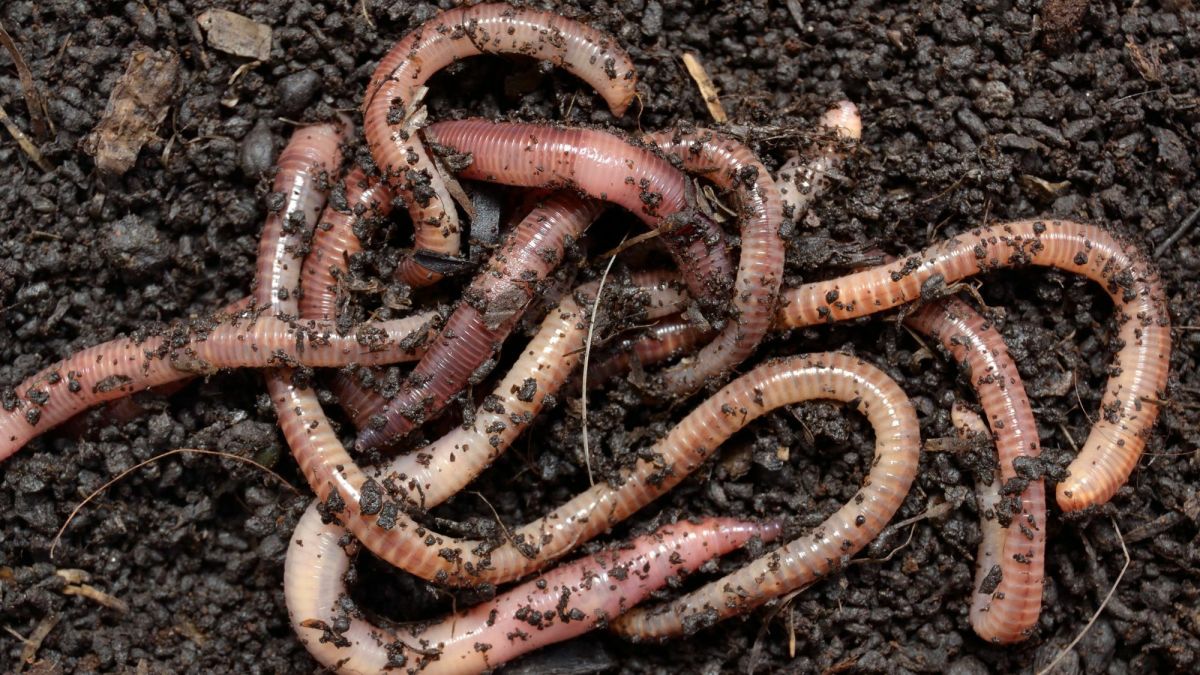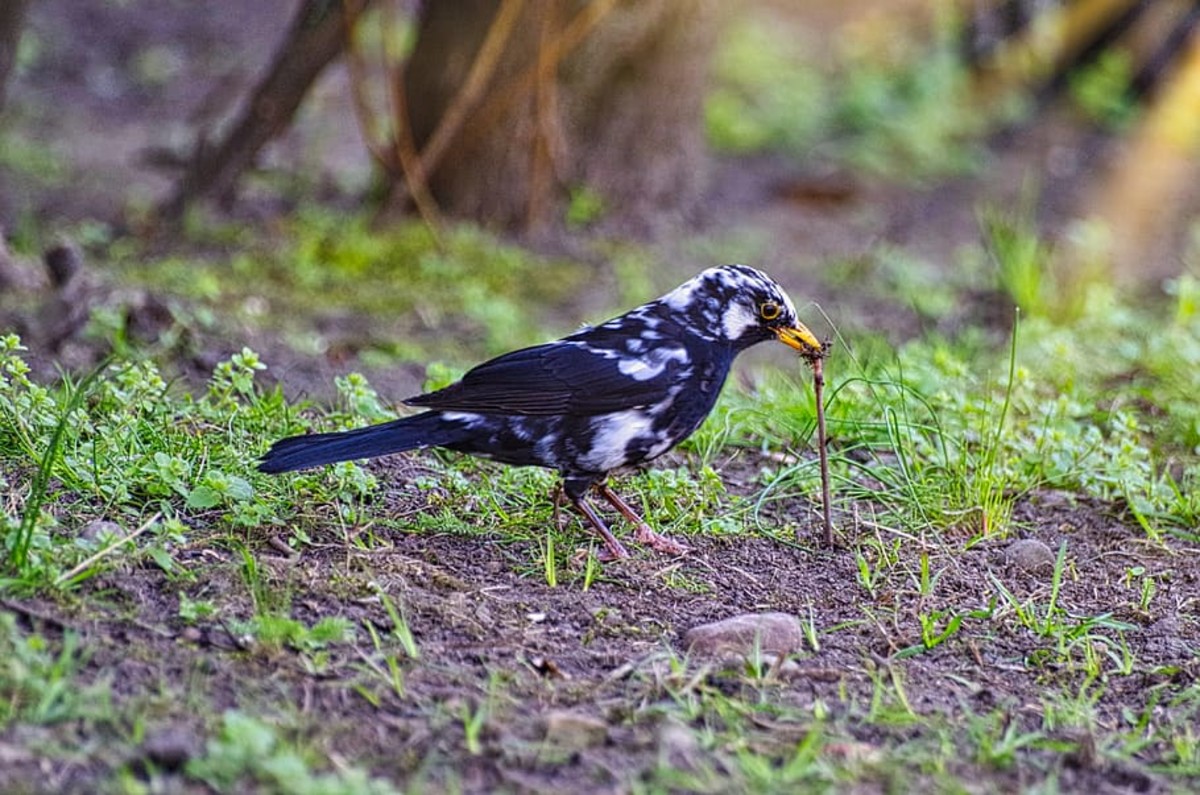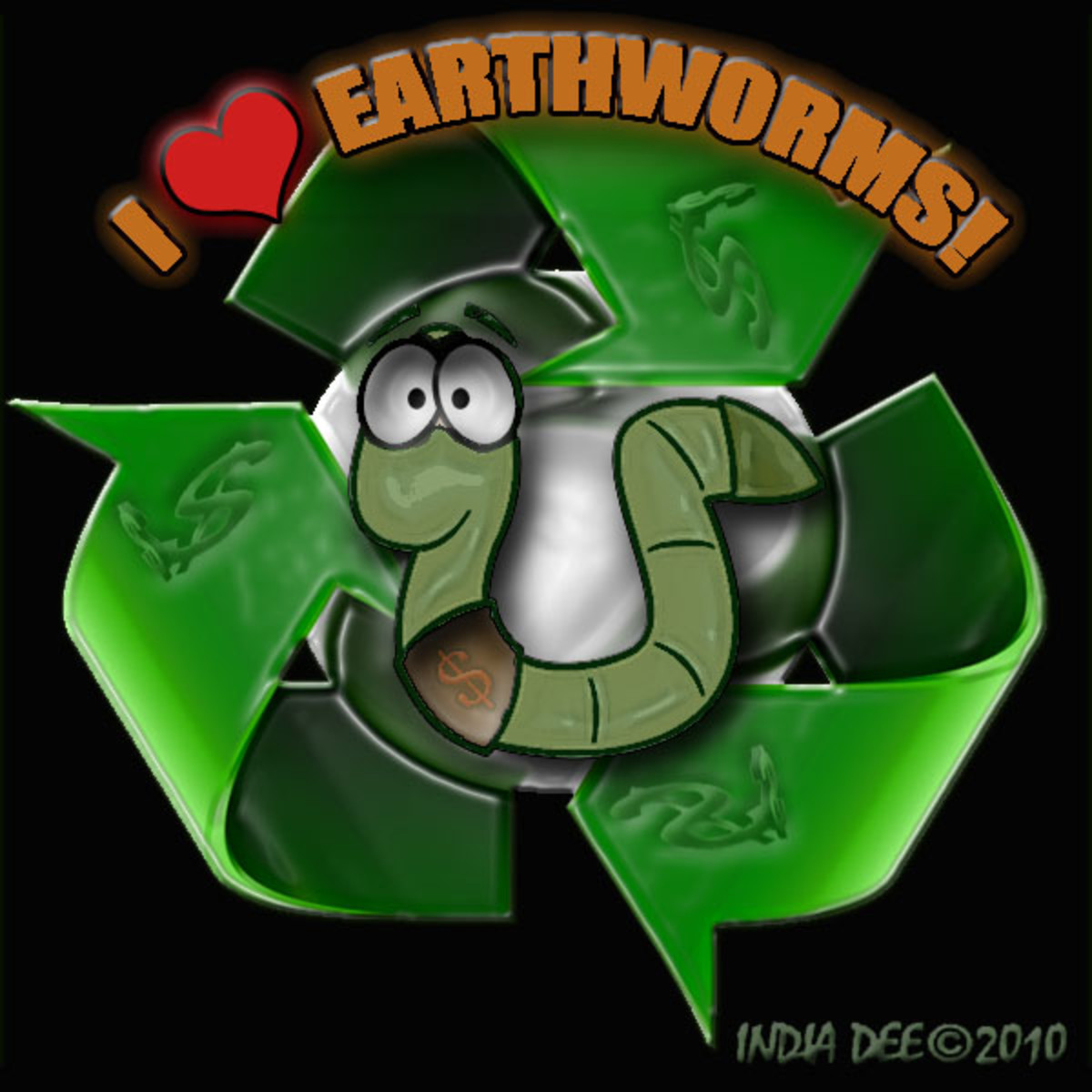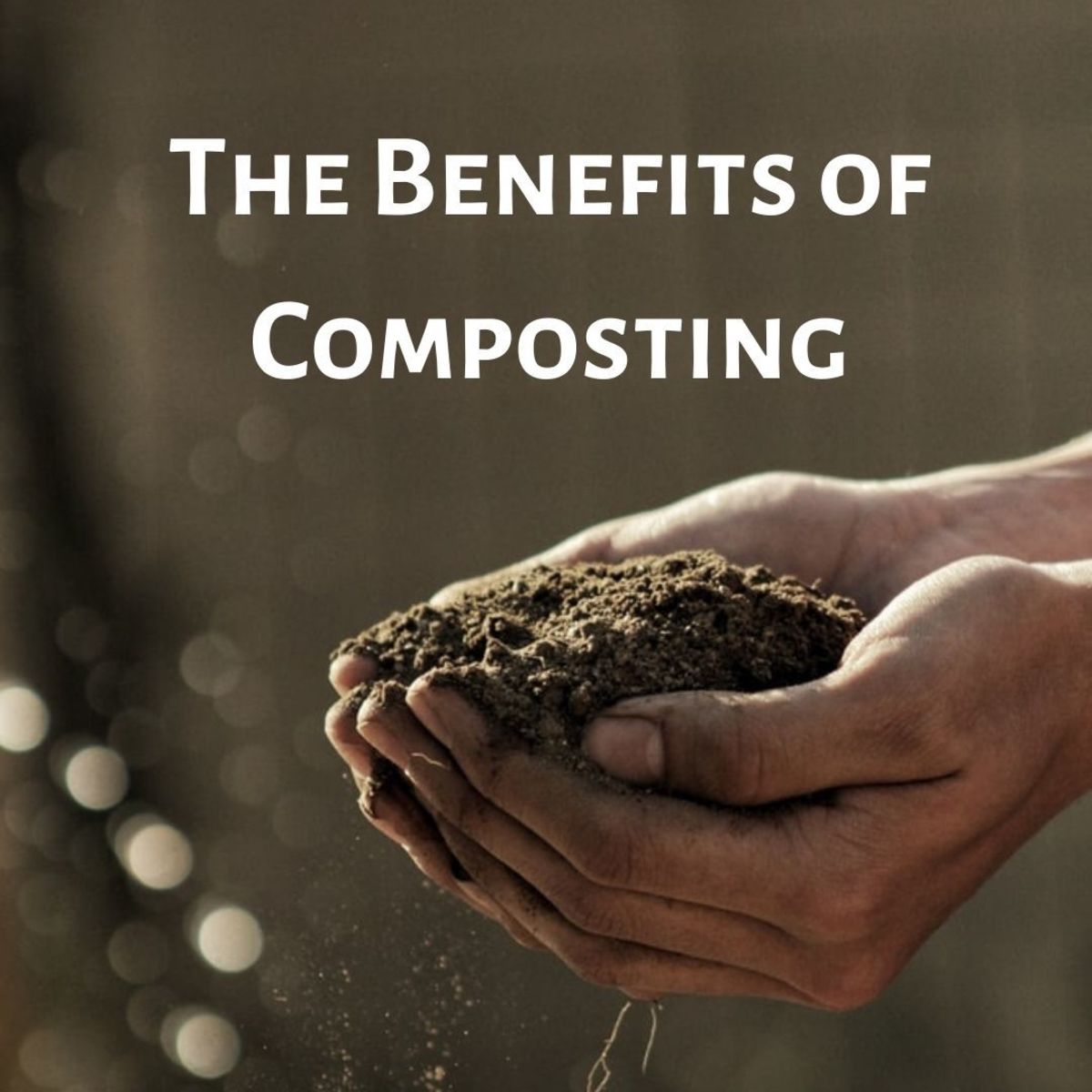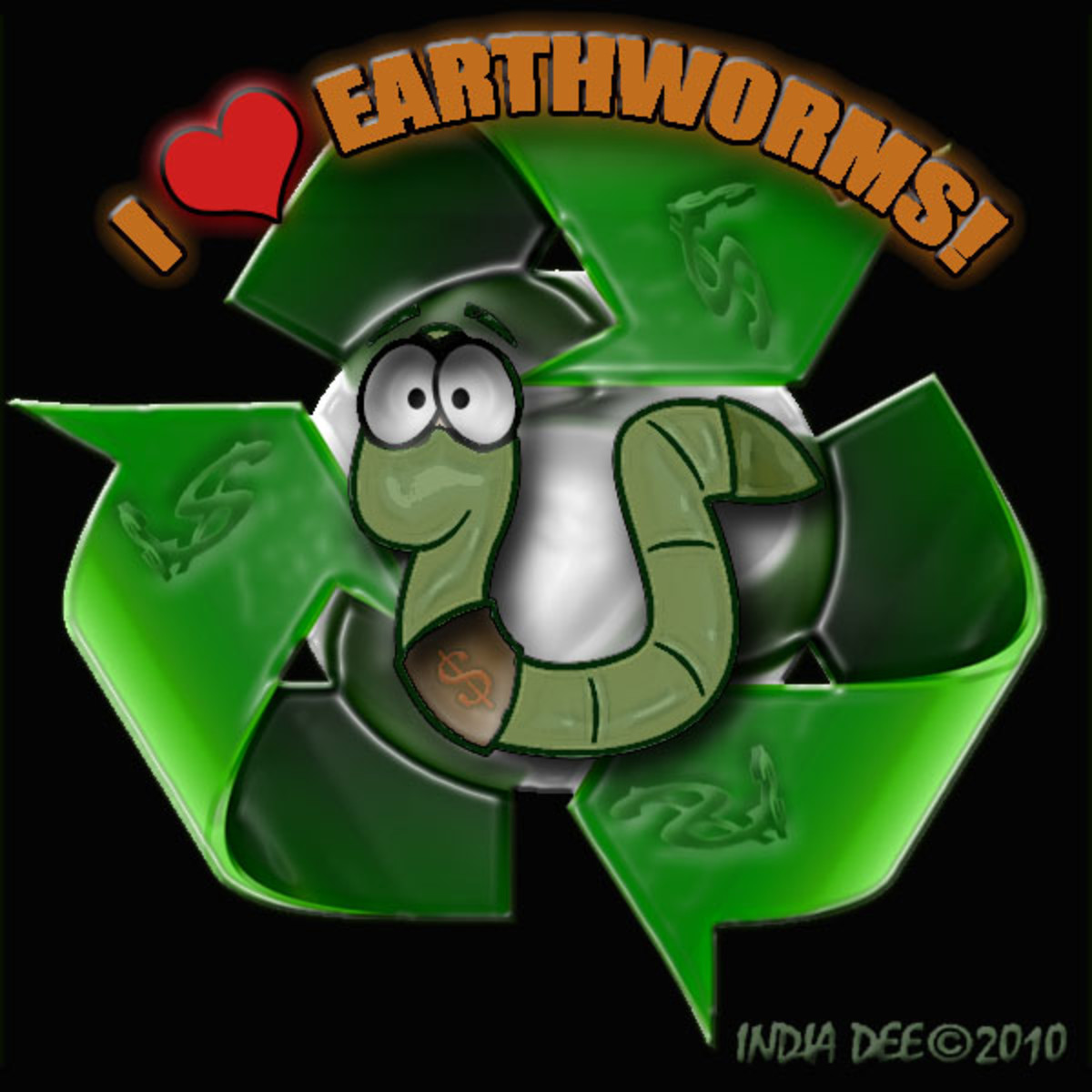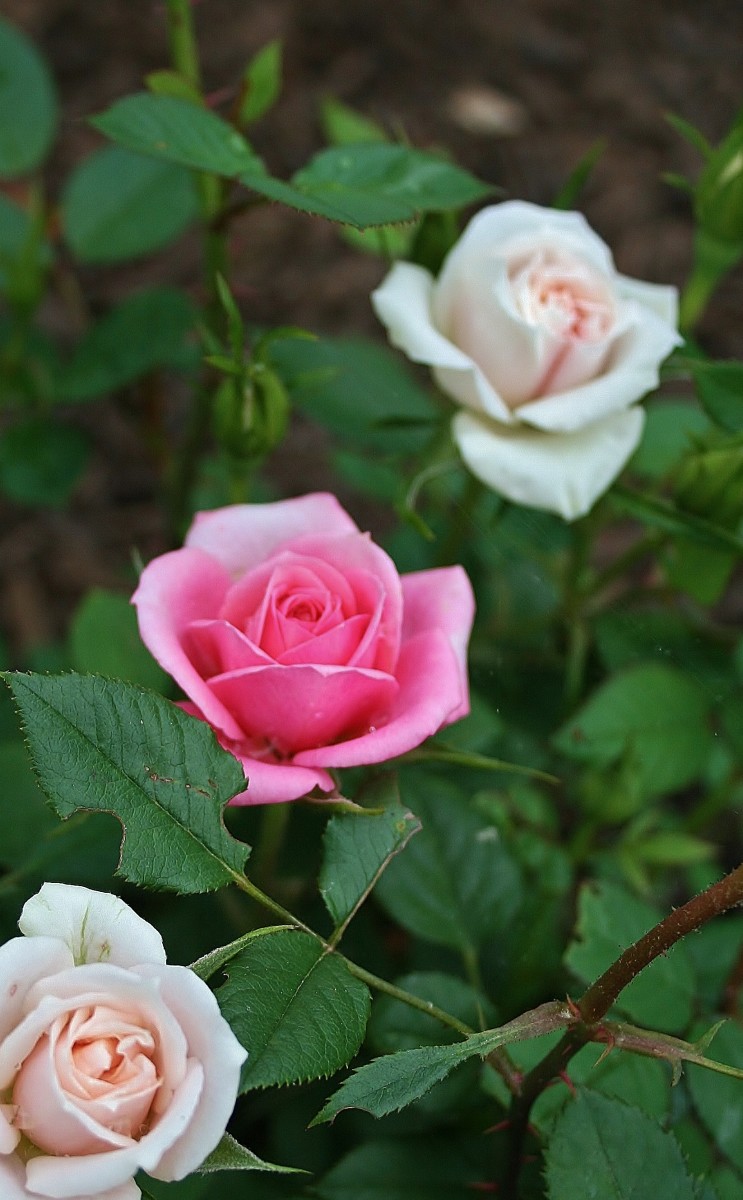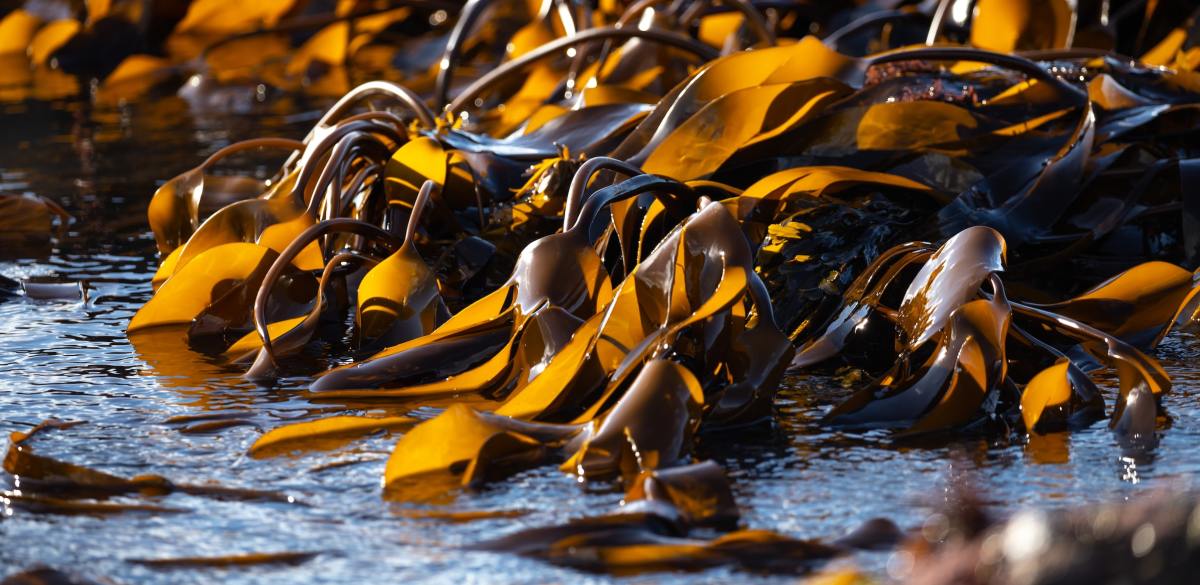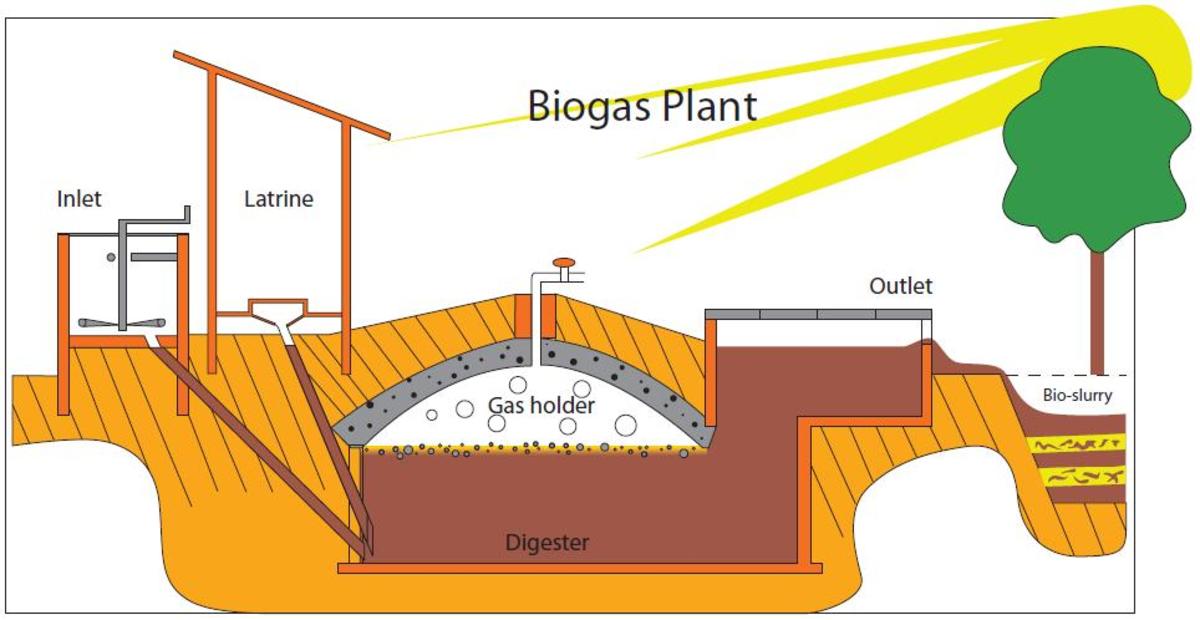Things You Need To Know About Red Wiggler Worms
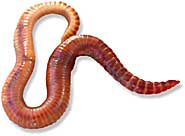
Red wiggler worms can be one of your greatest investments, as they’re considered to be the best composters. Other than that, they just eat, poop , and breed more of their kind. Care for them the right way, and they’ll be able to reward you with a lot of good things. Setup a red wiggler farm of your own, and get the chance to make good use of their castings, and more.
- Doing Worm Composting with Red Wiggler Worms in compost bins
Have you ever thought about using a compost bin in cutting down your daily garbage volume? Do you want some FREE organic worm composting fertilizers and safe organic pesticides for your vegetable garden or... - Composting 101: Worm Composting For Kids
Yes, we all know earthworms are these slimy creatures that you see on top of soil surfaces. But did you ever think that worm composting for kids was doable? Can you picture them working with worms without even...
Worm Recyclers
Vermicomposting with Red wiggler worms in compost bins are now becoming a popular recycling hobby. Eiseneia Foetidas are able to contribute to this environmental act by feeding off of your organic throw away. They’ll be happy to munch on your kitchen scraps and garden wastes, at anytime.
Composting Worm By-product
These red worms composting creatures are able to produce a very valuable product out of eating your daily household scraps. After digestion, they are able to secrete nutrient-rich castings (also known as worm poop). This black topsoil material can be instantly used as an organic fertilizer for your plants, a conditioner for your soil, as well as a pesticide.
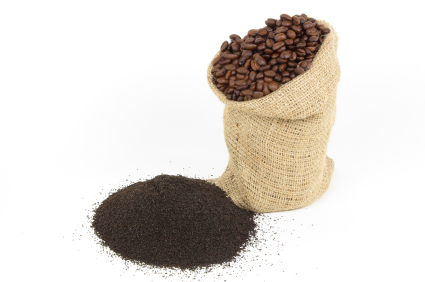
- A Review on Red Wiggler Worms or Eisenia Foetida worms
Red Wiggler worms or Eisenia Foetida are common to garden and farm soils because of their popularity to Gardeners and Farmers. Red Wiggler worms also goes by the names: Tiger worms, Branding worms, Red... - Raising Worms at Home using Can o Worms
You'll find raising worms at home in Can o Worms is very valuable and is indeed beneficial in terms of lessening your everyday garbage amount as you produce organic fertilizers for your garden soil. When...
Organic wastes that you can and can’t feed your Red Worms
When raising red wiggler worms, you’re going to have to take note of not only their habitat. You should know what types of organics to feed them too. Of course, you’ll want happy and thriving worms to be able to reap the many good things that they can offer you. Here’s are a few of the things that your compost pals will definitely find heavenly to be stuffed with:
- Presoaked shreds of newspaper
- Coffee grounds
- Crushed egg shells
- Fruits and vegetable peels (but don’t feed them citrus fruits, onion, or garlic)
- Garden wastes in the form of grass clippings, dried leaves and Don’t feed them scraps that have meat, dairy, or oil in them (bad for the worms)
Some other facts on Red Worms
When you’re raising red wigglers, make sure to keep them out of the sun. They like to be in warm and moist surroundings, but they hate being in extreme temperatures. Temperatures that are too hot or too cold might kill them. So make sure to place their bin inside a place that has room temperature. If you want to put them outdoors, make sure to keep them under a really shady location.
Make a living out of your Red Worms
Composting red wiggler worms can definitely be profitable. It is by raising and breeding them that you not only get to reap rich castings from them. You also get the opportunity to sell them to other people. Your market for selling red wiggler earthworms is huge. You can find clients for your red wiggler worms in the form of fishermen (they can use these worms as live fish bait), other breeders, and dealers (those who make a living out of selling worms to aquariums, laboratories, etc).

